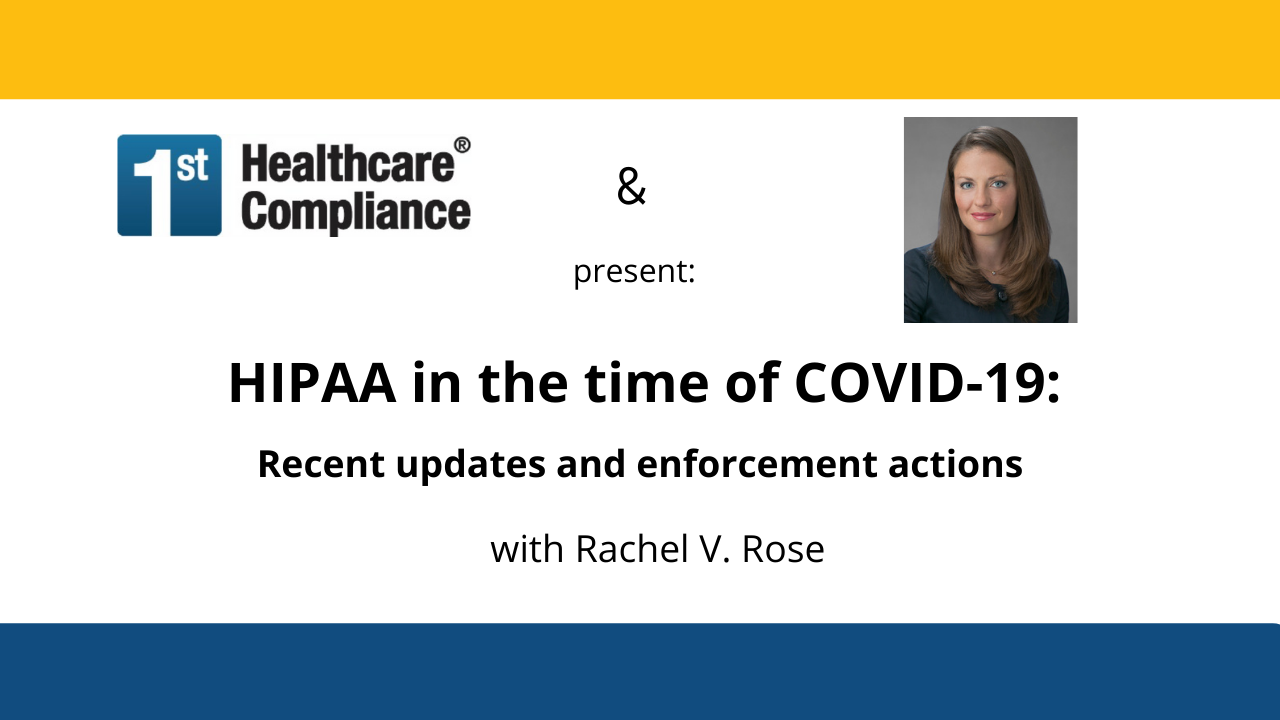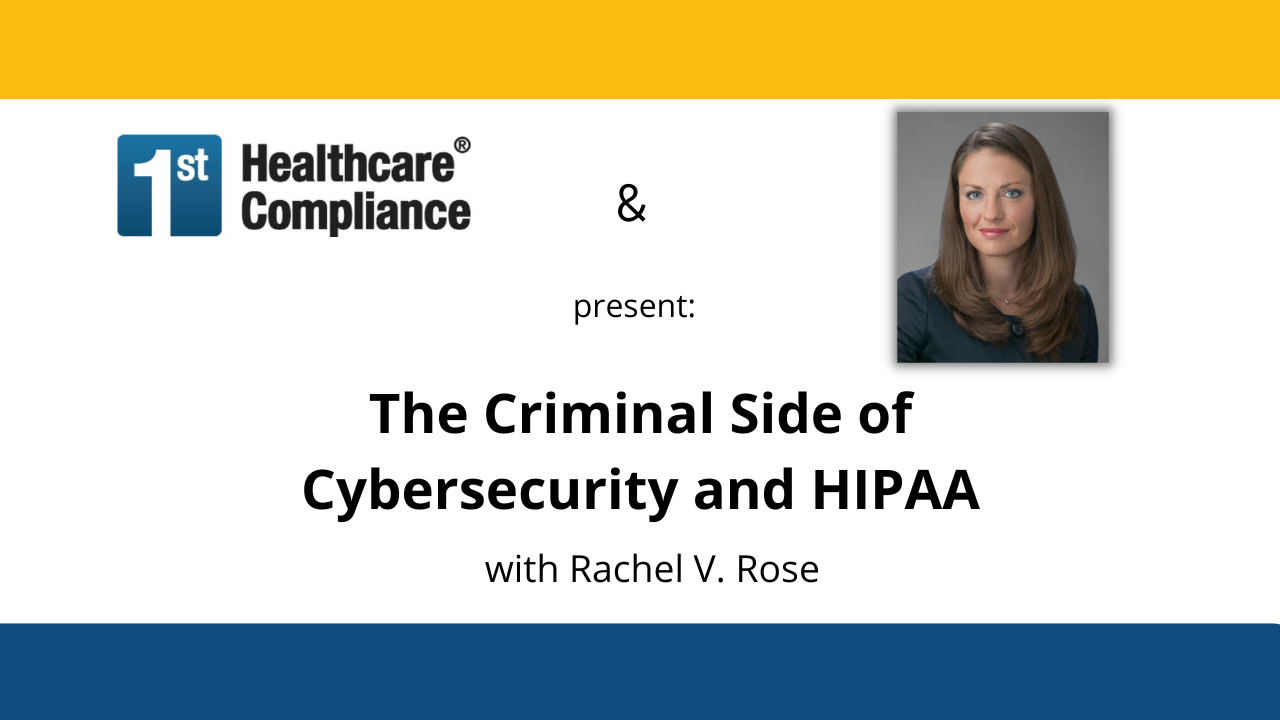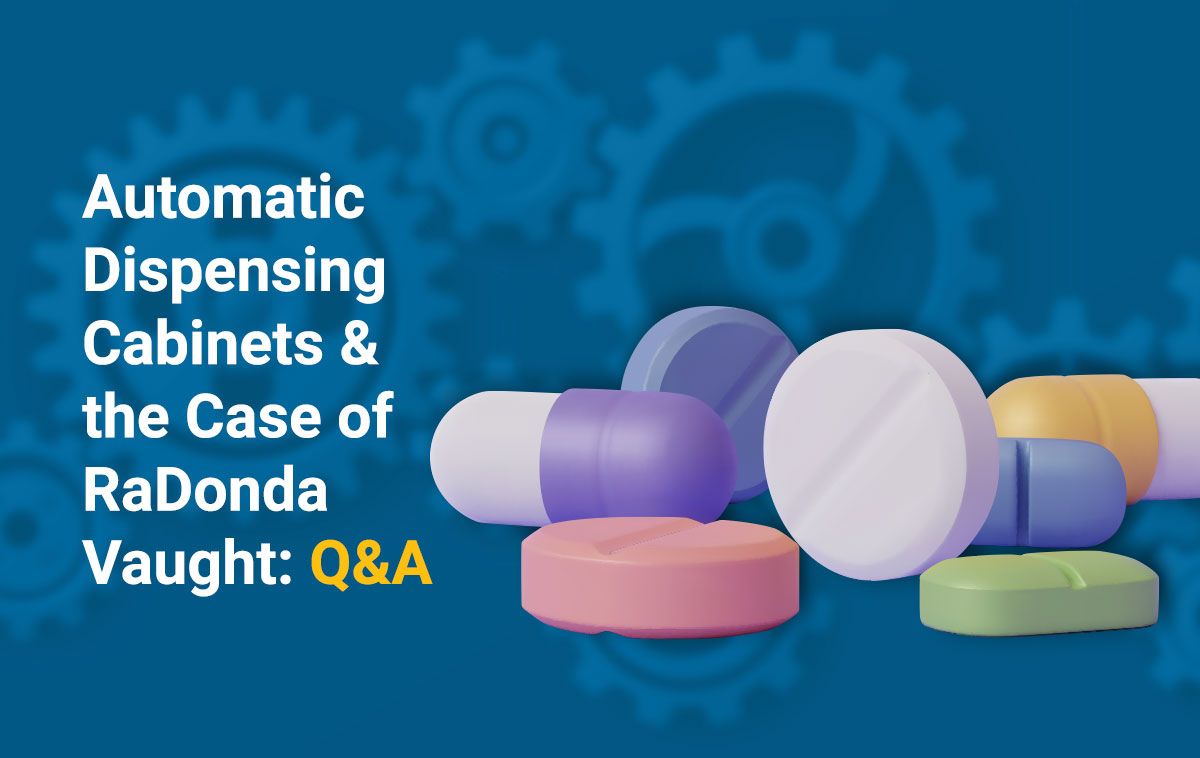Exclusion Screening Requirements for Healthcare Entities: Ensuring Compliance and Protecting Your Organization

In the ever-evolving landscape of healthcare regulations, one crucial aspect that healthcare entities must prioritize is exclusion screening. Exclusion screening refers to the process of checking individuals and entities against various exclusion lists to ensure compliance with federal and state regulations. Failing to comply with exclusion screening requirements can have serious consequences for your organization. In this blog post, we will explore the importance of exclusion screening, its benefits, and how partnering with the right experts can help you navigate this critical aspect of healthcare compliance.
Why is Exclusion Screening Important?
Exclusion screening plays a vital role in safeguarding the integrity of the healthcare system. By conducting regular exclusion screenings, healthcare entities can identify and prevent the engagement of individuals or entities that have been excluded from participating in federal healthcare programs. These exclusions can be due to reasons such as fraud, abuse, or other improper practices. Failing to screen for exclusions can lead to severe financial penalties, reputational damage, and even legal implications.
Key Benefits of Exclusion Screening:
- Compliance with Regulatory Requirements: Conducting exclusion screenings is a proactive measure to ensure compliance with federal and state regulations. By adhering to these requirements, healthcare entities demonstrate their commitment to ethical practices and reduce the risk of potential violations.
- Protection from Financial Penalties: Non-compliance with exclusion screening requirements can result in significant financial penalties. By implementing thorough and consistent exclusion screening practices, you can mitigate the risk of costly fines and penalties, preserving your organization’s financial well-being.
- Safeguarding Reputational Integrity: Being associated with individuals or entities that are excluded from federal healthcare programs can tarnish your organization’s reputation. Regular exclusion screenings help maintain your organization’s integrity, ensuring that you only engage with reputable individuals and entities in the healthcare ecosystem.
- Enhanced Patient Safety: Exclusion screenings contribute to patient safety by preventing the involvement of excluded individuals or entities in providing healthcare services. This process helps ensure that patients receive care from qualified and trustworthy professionals, promoting a higher standard of care.
Partnering with Exclusion Screening Experts:
Navigating the complexities of exclusion screening can be challenging for healthcare entities. Partnering with industry-leading experts like Panacea Healthcare Solutions and First Healthcare Compliance can make a significant difference. By collaborating with professionals who specialize in exclusion screening, you gain access to expertise and specialized tools, streamlining your compliance efforts.
First Healthcare Compliance offers comprehensive exclusion screening services tailored to meet your organization’s unique needs. Our team of experienced professionals utilizes cutting-edge technology and in-depth knowledge of healthcare regulations to conduct thorough screenings and deliver accurate results. We help you stay compliant, mitigate risks, and focus on providing quality care to your patients.
Exclusion screening is an essential component of healthcare compliance that should not be overlooked. By implementing regular and rigorous exclusion screenings, healthcare entities can ensure compliance with federal and state regulations, protect their financial well-being, maintain their reputation, and enhance patient safety. Partnering with experienced exclusion screening experts enables you to navigate this complex process with confidence.
Contact First Healthcare Compliance today to learn more about our comprehensive exclusion screening services. Let us help you safeguard your organization’s compliance and protect its future.







